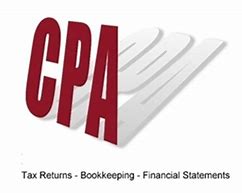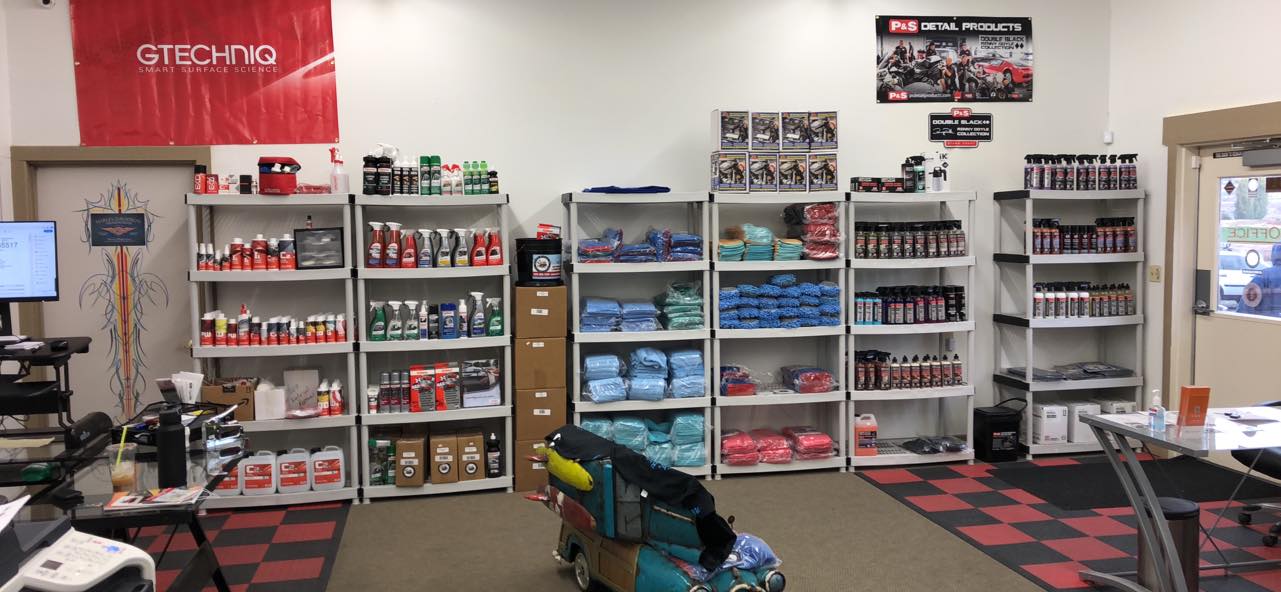
CHECKLIST FOR A DETAIL BUSINESS START-UP
Tips and Tactics for Running a New Detailing Operation or Streamlining an Existing Business, Part 1…
By Bud Abraham, Detail Plus
When deciding to open a new detail business, or restructuring an existing operation, following a procedure and checklist will give you a greater chance of success. Going blindly into any business with a seat-of-the-pants approach is a sure way to have problems. Take advice from people who have done it before and know what it takes to be successful.
It all begins with advance planning—how you will start and operate your detail business. Many of the steps will need to be done before actually starting your detail business. Do not underestimate the power of planning on your way to running a successful detail business. This checklist has been put together to help guide you in the right direction.
- Total Commitment: Understand this—you must be dedicated to the success of your detail business.
Without this commitment from the get-go, the rest of the checklist won’t help much. Be certain that this is what you want to do and that you are willing to follow it through when the going gets tough. Building a successful detail business will take time and work, but the results can be very rewarding. It all starts with you.
- Business Structure: The first step in starting any business is deciding what your business entity will be. The five choices are: proprietorship, partnership, C-corporation, S-corporation, and LLC. Once you understand the pros and cons of each, then decide which is best for you and your business.
You can start your detail business and register it at several sites online to avoid costly legal fees. Be certain of the category you choose, as changing it later on can be expensive. Also, keep in mind that failing to register your business can result in difficulties, including possible penalties.
- Business Name: Select a new business name that’s short, descriptive, and easy to remember. Start by writing down words or phrases that define your detail services. Check a thesaurus to find more related words. Next, start putting the words together in a different order until you settle upon a name or names that you like
Once you have done that, retain a small-business attorney to conduct state and federal trademark/service-mark searches to ensure that the names you have selected are not already in use.
This is critical. Because, if you fail to do this—and invest in signs, printed materials, etc.—the company that has registered the name you’ve chosen has the right to issue an order to cease and desist, preventing you from using the name. This can be very expensive.
After you’ve narrowed down the choices two or three, ask friends, relatives and potential customers to select the one they like best. You make the final decision, but remember that you will be using it for a very long time.
- Mission Statement: This phrase or a few sentences tell why you are in business and how you plan to serve your clients or customers. A good mission statement will distinguish your detail business from all your competitors and provide customers with your goals and objectives. You should have your mission statement printed on signs and hanging in your shop or mobile rig. Also include it on your literature and advertising materials. And, read it to yourself every day before opening your detail business.
- Business Plan: This is your roadmap to success! Although many people don’t take the time to make a business plan, you will need one if you want to borrow money for your business. The business plan should include:
- General description of your business
- Goals and objectives
- Sources of start-up capital
- Your target market and customers
- Who your competition is
- Your strategies to get customers
- What your unique keys to success are
- Executive summary (about you and/or your partners or key employees)
Remember, a general wouldn’t go into a battle without a plan, and you shouldn’t go into business without one either.
- Zoning and Licenses: Every business seems to have rules to live by, and a detail business is no exception. Required licenses, water containment and disposal methods, noise regulations, etc. are just a few.
Check with city and county websites to see if there are any restrictions that pertain to a detail business. Most cities, counties or states require an inexpensive business license and an annual renewal fee. In California, for example, there is a mandatory registration law for carwashes and detail businesses.
Take care of these steps well in advance of your expected opening date. Once you register your business and its name, it should be protected from anyone else using it. Lastly, if you plan to operate out of your residential garage, be sure this is allowed by the city or county.
- Franchise or Go it alone: There are some successful detail businesses operating under a franchise or franchise-like program. If you don’t know much about running a business, this might be the answer to getting the help you need. But be sure to investigate any such program to ensure you get what you pay for in advance and after you are in business. Hire an advisor to help you through the process to avoid costly mistakes.
You can also open your detail business on your own and learn all the steps to success as you grow. But don’t underestimate the advice of a good advisor to guide you in the right direction and help save money and headaches in the long run. If you decide to start on your own, seek all the advice you can find from other businesses, the local chamber of commerce, and S.C.O.R.E. (www.score.org).
- Start-up Money: The most popular source for start-up money is your savings, or loans from family and friends, as well as credit cards. There are other sources of money, such as an angel who invests with you for a small share of the business but is not active in it. Another source is borrowing against the equity in your home, which will give you the lowest interest rate and allow you to deduct the interest paid. (Check with an accountant)
Whatever source you use for your start-up capital, have it in place and available before you go on to the next steps in the checklist. You don’t want to be constantly worrying where the money is coming from to purchase things you need to operate your detail business.
- Reserve and Backup Capital: This is where many new-business owners drop the ball and are surprised when it becomes an issue. Your detail business will need additional money after the business opens to buy things that were previously overlooked, to take advantage of an advertising opportunity, and especially to get through the slow periods.
This is normal and not unusual, but must be dealt with and not take your time away from running the business. Either allocate at least 20 percent of your start-up capital or have another untouched source that will not be used for start-up costs. If you make this part of your advance plan, it will eliminate a lot of headaches later on.
- Your Three Wise Men: These three men or women will play an important role in your business, mostly behind the scenes. You will need a competent banker, accountant and a lawyer (or prepaid legal service) that you can rely on for advice. They should all be selected because of their knowledge, experience and interest in your detail business.
They will offer assistance and advice, and save you the time and effort of going in the wrong direction on important issues. Select them carefully, check references, and talk to each one in depth before you commit. Make the wrong choices, and you could end up with “three stooges.”
This wraps up Part 1. In Part 2 of this article, we will touch on the remaining steps to success, everything from defining a target market and the importance of identifying competitors to website design, social media, marketing and much, much more.





